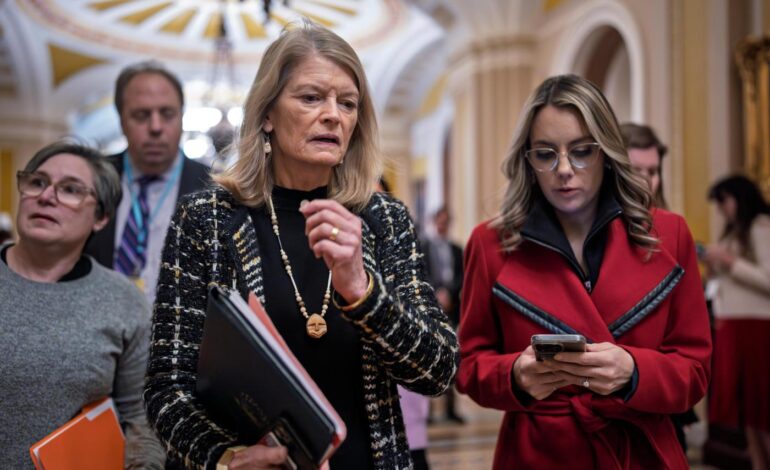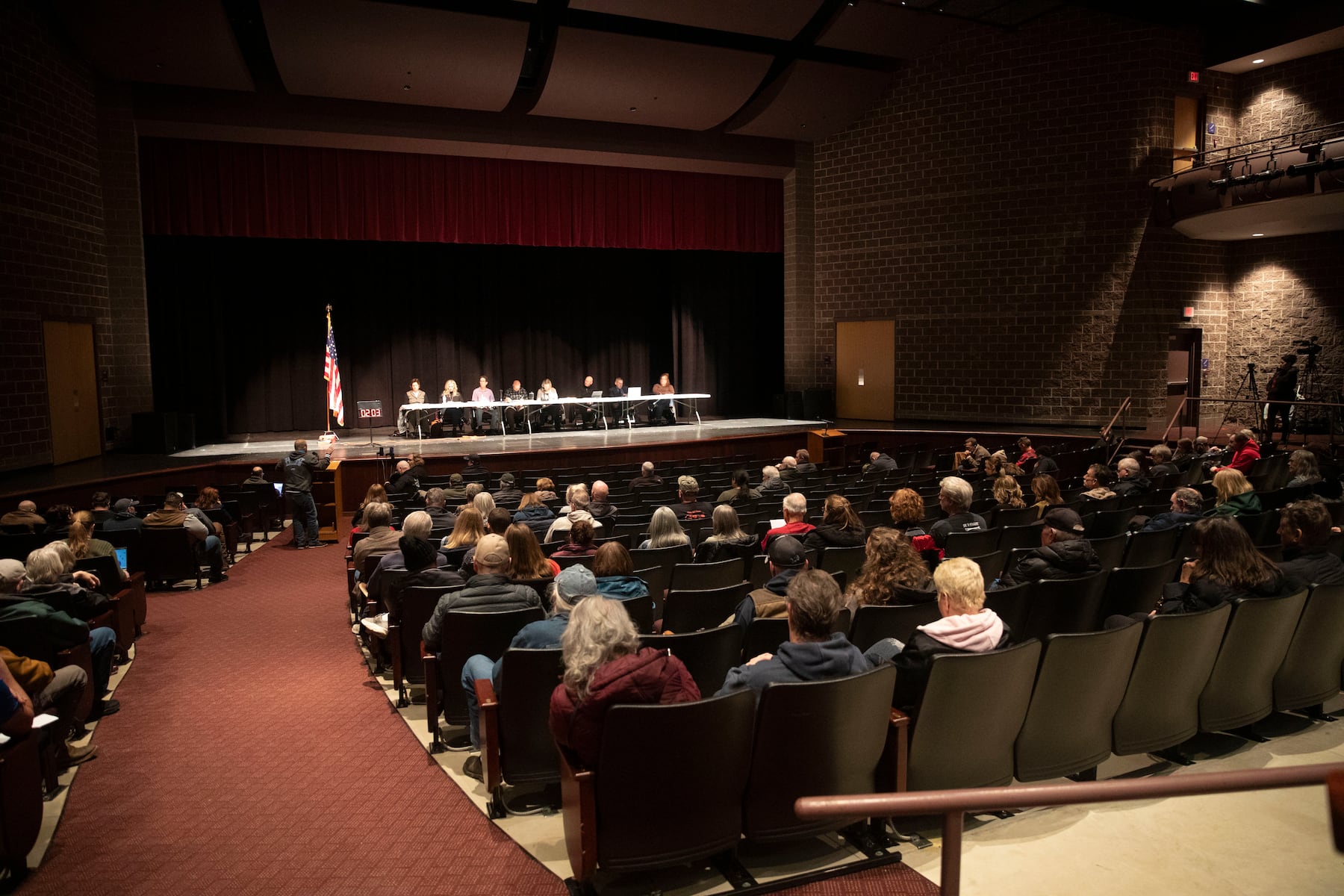Lawmakers Challenge Trump’s ‘Pocket Rescission’ as Illegal Move

A bipartisan group of lawmakers has raised concerns over President Donald Trump’s attempt to implement a “pocket rescission” to cancel $4.9 billion in foreign aid funding. Senators Susan Collins (R-Maine) and Lisa Murkowski (R-Alaska), alongside Senate Majority Leader John Thune (R-S.D.), have expressed doubts regarding the legality of this maneuver. This action comes as Trump seeks to expedite the cancellation of allocated funds without adhering to the legally mandated 45-day consideration period for Congress.
The announcement from the Office of Management and Budget on Friday detailed Trump’s intention to utilize the pocket rescission method to revoke funds designated for various international organizations. According to the rules, Congress must have 45 days from Trump’s request to deliberate on the matter. Notably, the deadline coincides with the end of the federal government’s fiscal year on September 30, 2023.
Collins, who chairs the Senate Committee on Appropriations, criticized Trump’s approach, suggesting it undermines congressional authority. In her statement, she emphasized that the proposed rescission package was delivered to Congress close to the fiscal year end, indicating an attempt to bypass the required legislative process.
Murkowski reiterated these concerns in a post on social media platform X, stating, “Congress alone bears the constitutional responsibility for funding our government.” She cautioned that any effort to reclaim resources without following the appropriations process would weaken this responsibility.
In contrast, a spokesperson for the OMB defended the administration’s stance, asserting that they are on “firm legal ground.” The spokesperson referred to a ruling by a congressional watchdog agency in the 1970s, which deemed pocket rescissions lawful. They noted that both Presidents Gerald Ford and Jimmy Carter utilized this method, and the Government Accountability Office confirmed that the funds lapsed accordingly as per the Impoundment Control Act.
Despite this defense, a ruling by the GAO in 2018 classified pocket rescissions as illegal, adding further complexity to the debate. Thune emphasized the importance of maintaining the appropriations process, stating that it is essential for transparency and accountability in government funding.
House Minority Leader Hakeem Jeffries (D-N.Y.) echoed these sentiments, labeling Trump’s actions as an attempt to “steal” taxpayer money. He maintained that the appropriations process should remain bipartisan, a view supported by Senate Minority Leader Chuck Schumer (D-N.Y.), who criticized the administration for rejecting collaborative efforts.
As the deadline approaches, the implications of Trump’s pocket rescission will likely continue to be scrutinized by both parties, highlighting the ongoing tensions surrounding government funding and appropriations.






